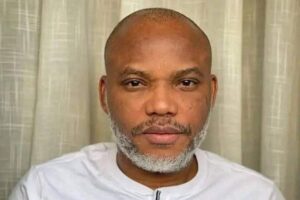
President Bola Ahmed Tinubu has come under intense public criticism following his characterization of the recent mass killings in Benue State as a “reprisal attack.”
The backlash follows the President’s statement, issued through his Special Adviser on Information and Strategy, Bayo Onanuga, condemning the killing of over 200 residents in Yelewata, Guma Local Government Area of the state.
In the statement, Tinubu reiterated his directive to security agencies in response to what was described as “reprisal attacks that led to the death of many people.” However, the choice of words — particularly the classification of the incident as a reprisal — has provoked outrage among citizens, stakeholders, and civil society groups, especially given reports suggesting the attacks were unprovoked.
Atu Terver, Principal Special Assistant to the Benue State Governor on Youth and Media Mobilization, expressed deep disappointment in a Facebook post, stating: “That press statement by the President is just making me shed tears. How can you call genocide a reprisal attack?”
Similarly, human rights activist Ukan Kurugh, also reacting via social media, questioned the official narrative: “Bayo Onanuga, speaking on behalf of the President, called this a reprisal attack? Nobody is coming for us — we must save ourselves.”
Aguredam Keghter Moses, Deputy Country Director of the African Youth Union Commission in Nigeria, suggested the wording of the statement carried deeper implications: “That press statement from the President should communicate a clear message already,” he posted.
The controversy has intensified calls for greater transparency and sensitivity from the federal government, with many observers urging the presidency to clarify its position and prioritize justice for the victims.







